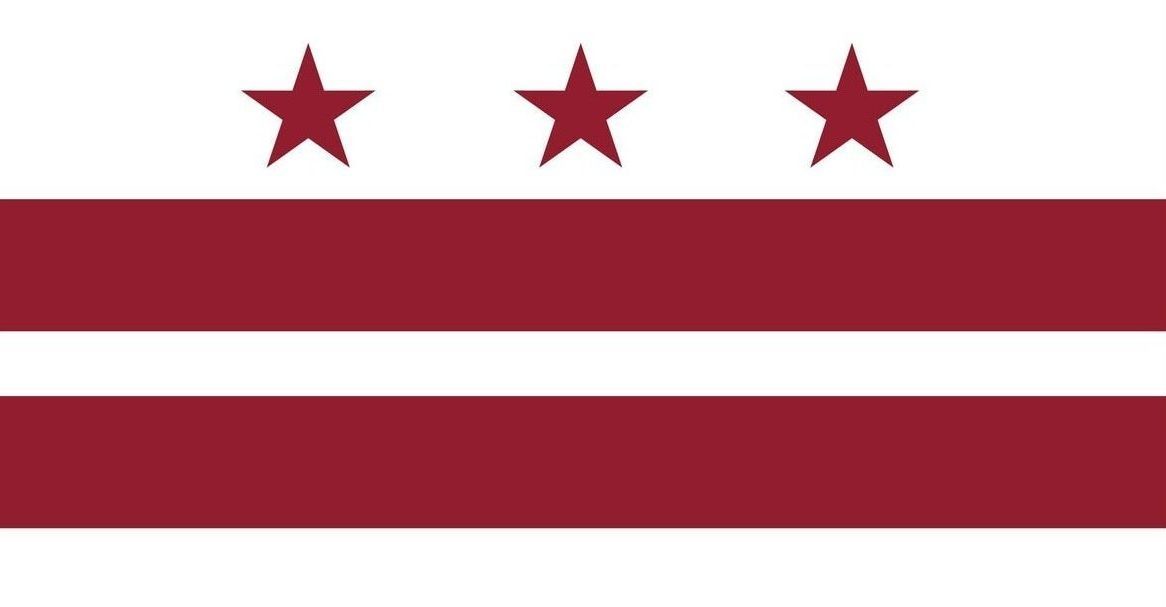
The professionalism of D.C. court staff during Covid
I hurried home by foot on 9/11. As I walked along Constitution Avenue, with the smoke from the Pentagon visible behind the Potomac River, I noticed how calm and polite everyone was. The streets were gridlocked with cars and, with rumors of more inbound planes, everyone was eager to get out of the city. At the same time, it was eerily quiet. Nobody honked. Drivers waved and took turns entering the intersection. Pedestrians stopped to help one another.
This was affirming. It was good to see everyone pulling together, rising to the occasion, in the face of a national crisis.
This is how D.C. court, probation, and prison staff have dealt with the Covid-19 pandemic.
I have always felt that there was an enormous difference between the criminal systems in Philadelphia, where I practiced right out of law school, and in the District. Watching D.C. staff deal with the pandemic, I notice this difference now more than ever.
Earlier this week I needed to schedule an emergency hearing. Encountering problems with the electronic filing of my motion, I emailed the clerk’s office for assistance. Cyrena Salley returned my email almost immediately. She had me call her on the phone and then, working from her home, walked me through the steps I needed to take.
Step one completed within a matter of 10 minutes. Thank you, Cyrena Salley.
Next I needed the signature of a client who was locked up at the D.C. jail. I had heard good things about Capucine Carrington from my colleagues on the listserv, and I was not disappointed. She returned my email immediately. I had the signed document back within a half hour of my initial contact.
It was that easy. Bless you, Capucine Carrington.
Now seeking the documents for which I had the signed release, I emailed Oluwasegun Obebe of the D.C. Jail’s Office of the General Counsel. Mr. Obebe acknowledged my email almost immediately. He was working late: one email was time-stamped 8:10 pm. He had the records to me within a day.
You are a good man, Mr. Obebe.
This is to say nothing about Julio Delgado of the Criminal Court Scheduling Staff. Mr. Delgado arranged a hearing at my request with lightning speed – on a Saturday. Or Eleni Tekleyesus, Adolfo Loeri, Bradley Diggs or Grace Jimenez of the Clerk’s Office, all of whom responded to my emails almost immediately.
At one point I had both Cyrena Salley and Grace Jiminez with me on the phone at the same time.
Efficient. Pleasant. Professional. You make us look good to our clients.
Finally, although too numerous to mention here by name, there are the courtroom clerks. They deal with us harried and pushy lawyers with patience and a sense of humor. Even more telling than how they treat us – after all, they know they will have to deal with us again — is how they treat our clients.
Again, I cite Philadelphia by way of contrast. The courtroom clerks there – the “tipstaff” – were surly and even cruel. One incident in particular sticks in my mind because it encapsulated their disdain for the people who came through the system.
A court clerk put the wrong date on the notice to return to court. He realized his error after the defendant had left the room. The clerk knew that the defendant would now miss his next court date, that a bench warrant would be issued for his arrest, and that the defendant might be picked up on this warrant and then spend a night or two in custody, all because of the clerk’s mistake.
I could see all of this going through the clerk’s mind as he considered what to do. He could have redeemed himself. He shrugged instead and turned back to his computer. He left it to one of us to run after the defendant to bring him back into the room so that the date on his notice could be corrected.
This would never happen in D.C.
A friend and colleague, now at the Public Defender Service, was a year behind me at the public defender in Philly, and he and I moved down to D.C. around the same time. Comparing our respective experiences, we smile. Our colleagues may take these things for granted. The two of us can hardly believe our good fortune.
These are the marks of professionalism: You take pride in what you do. You think ahead. You show up to meetings early. You return phone calls. You don’t make excuses. You don’t make promises you aren’t prepared to keep. And you treat everyone with respect – even the people who are accused of crimes.
